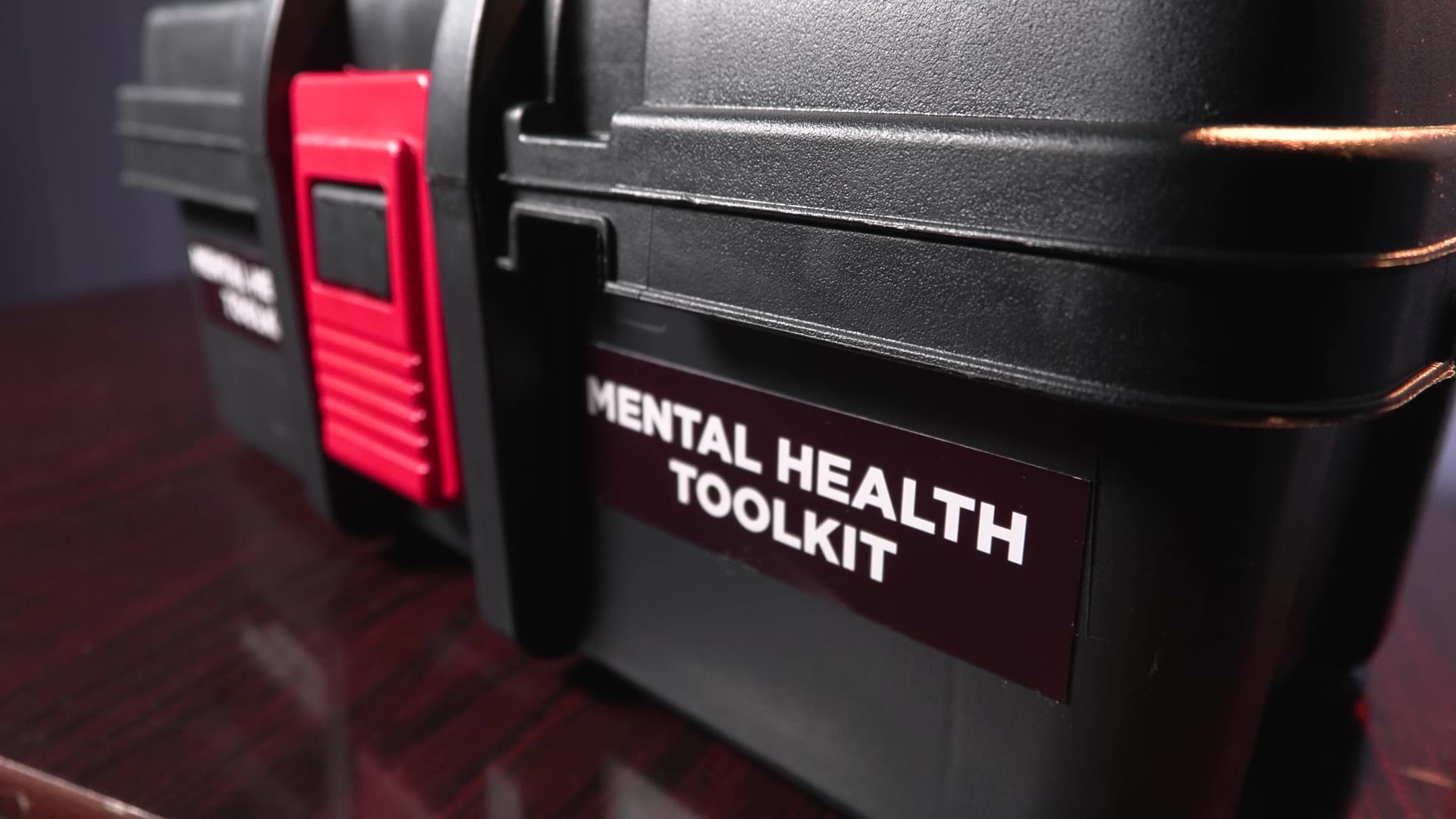Patients ‘furious’ as U of U Health, Aetna face possible split
Dec 29, 2023, 10:54 PM | Updated: Dec 30, 2023, 1:33 pm
SALT LAKE CITY — Tens of thousands of Utahns could be heading into 2024 with their health care in limbo, while the University of Utah Health and Aetna insurance company try to reach a new deal.
Patients are worried about what that means for them if Aetna and U of U don’t come to an agreement.
Just before Christmas, Katie Pollard explained how she received an email from her insurance company, Aetna. It directed her to go to her U of U Health MyChart page for an important update.
“University of Utah Community Physicians Group is no longer a part of your plan’s network as of Feb. 1, 2024,” Pollard said, reading off the update.
The letter said her doctor would also not be part of the plan’s network in just over a month.
Pollard couldn’t call her doctor and clarify what that meant because it was late going into a holiday weekend.
She would eventually figure out that Aetna and U of U Health are trying to negotiate a new contract but, so far, haven’t agreed on terms. It immediately brought up questions about her care.
“What does this mean for me? What am I going to do? Because I’ve been seeing this doctor for several years,” Pollard said.
If they don’t sign a new deal by Feb. 1, 2024, she and 30,000 other patients may have to find care somewhere else within the network. But for people like Pollard, who don’t have any other choice of insurance and seek out specialized U of U Health physicians and programs — there might not be another option.
“I specifically chose this doctor because she’s part of the transgender health care program with the U of U,” Pollard said.
She said she’s not aware of many other options in Salt Lake or Utah that cater to the transgender community, let alone options that take her insurance. Since open enrollment just closed about a month ago, Pollard is locked into her current Aetna plan through her employer.

Katie Pollard shows the email she received late Friday going into Christmas weekend, announcing potential healthcare changes between U of U Health and Aetna. (KSL TV)
Knowing that in another month her plan might not cover what she thought it would, Pollard has many concerns.
“One would be continuing to receive the specialized care that I need for being a transgender person and wanting to continue that and receiving that care with the doctor I have an established relationship with,” she said. “And… how I can possibly continue that care. And if it’s going to cost me an extreme amount more out of pocket without the insurance coverage.”
University of Utah Health said this could impact 30,000 patients and pointed KSL TV to a statement on their website that explains how they’re still negotiating with Aetna.
“We know this situation may be upsetting and confusing,” the statement reads. “Please know we are here to support you through any changes and will do everything we can to ensure you continue receiving excellent care.”
U of U Health then recommended that people call Aetna about qualifying conditions and coverage, as well as their employer, agent or broker about options to switch plans.
“We hope to come to a new agreement with Aetna soon so you can keep receiving in-network care at University of Utah Health,” the website states.
Below that, U of U Health lists several Frequently Asked Questions with answers.
For people seeing a specialist for care that includes terminal illness, pregnancy, dialysis, transgender services and more, the website states: “Patients with some conditions can continue ‘in-network’ treatment for a limited time, but they may be asked to apply to Aetna for permission to receive this continuity of care.”
It appears that means Pollard would need to fill out an application and get approval to continue her care. She said she’s furious as she now moves around appointments to take place before Jan. 31 while she waits for the outcome.
“Right, make sure that I can at least see her while I know for sure it will still be covered,” Pollard said.
She expressed feeling that if a new deal fails, it puts patients like her in an impossible position.
“I feel like both parties are putting profits over people,” Pollard said. “They’re both worried about getting as much money as they can for themselves, and they don’t care how it’s affecting their patients.”














